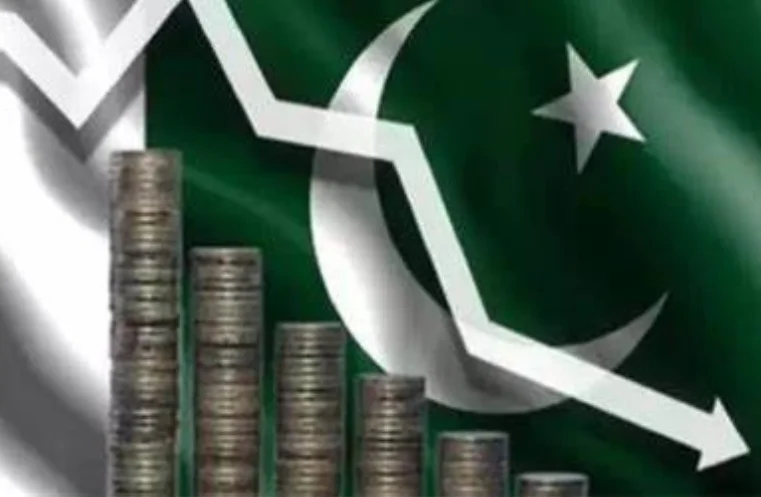Islamabad, Jan 28: In the past year, Rawalpindi’s infrastructure development faced severe setbacks due to the financial crisis in Punjab, halting numerous crucial projects. Despite promises of progress, not a single major project aimed at public welfare or development was launched. Ten significant projects, initially planned with higher costs, are still awaiting execution, with many facing a 40-60% cost increase due to inflation and the rising cost of building materials.
Among the delayed projects are the Ghazi Brotha Water Supply, Rawalpindi Ring Road, and Leh Expressway. These initiatives, initially projected to improve the district’s infrastructure, now carry inflated price tags. For example, the Ghazi Brotha Water Supply project, meant to supply 400 million gallons of water daily, was estimated at Rs 17 billion in 2006. Due to delays, its cost has surged to Rs 105 billion. Similarly, the Leh Expressway, a vital 30km road, has seen its cost jump from Rs 17 billion in 2008 to a staggering Rs 100 billion today. 
Read More:
Saudi Arabia Enables Foreign Investment in Makkah, Madina Firms
The sewage treatment plant, aimed at resolving flooding issues, was projected to cost Rs 30 billion in 2019 but now stands at Rs 60 billion. The Rawalpindi Ring Road, a crucial 38km stretch, has also faced funding hurdles, with costs increasing by approximately 40%. Work on the project was halted due to a change in government, with no substantial progress made despite regular announcements by local officials.
The lack of funds has led to the abandonment of other vital schemes, such as the Daducha Dam and Chahan Dam water supply projects. These initiatives were essential to meet Rawalpindi’s growing needs, but they, too, have suffered from escalating costs and stalled construction.
In conclusion, Rawalpindi’s growth and development have been severely hindered by financial mismanagement and delays, leaving the city struggling to meet its infrastructure needs.









